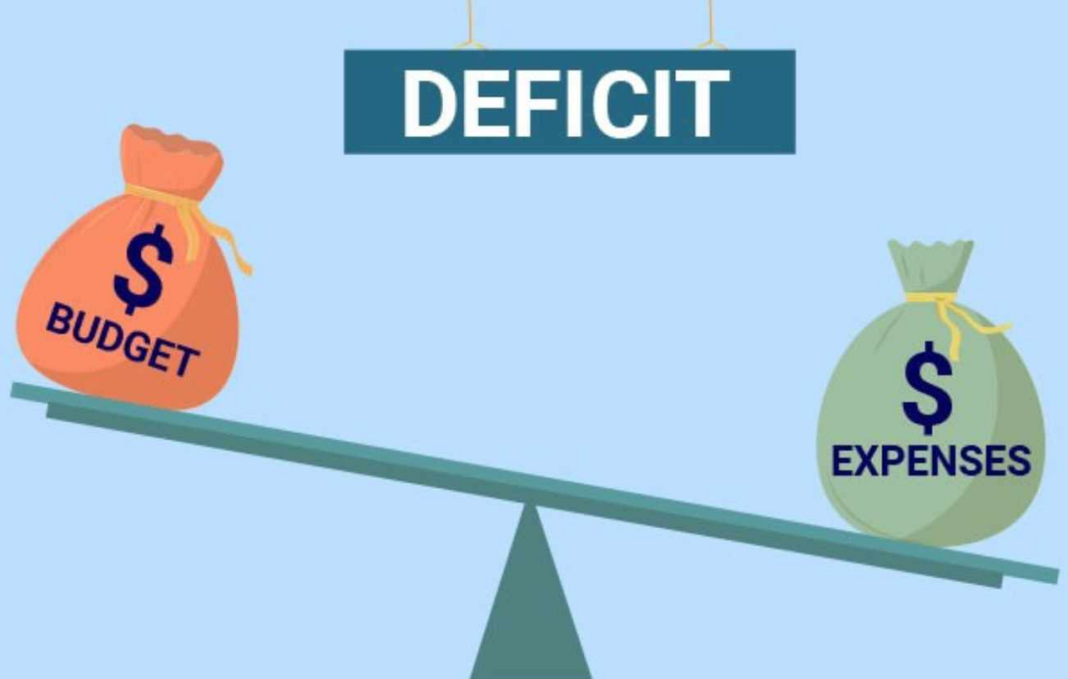The fiscal deficit is the difference between the government’s total revenue and its total expenditures. The fiscal deficit is an important indicator of the government’s financial health. A large fiscal deficit can lead to high levels of government debt, which can in turn lead to higher interest rates and inflation. A fiscal deficit can also be caused by a decrease in tax revenue, an increase in government spending, or a combination of both.

What is a Fiscal Deficit?
A fiscal deficit occurs when a government’s total expenditures exceed the revenue that it collects, resulting in a net shortfall. This can happen when the economy is weak and tax revenues are low, or when government spending is high. Fiscal deficits add to the national debt, which can lead to higher interest payments and inflation.
How is a Fiscal Deficit Calculated?
A fiscal deficit is the difference between a government’s total revenue and its total spending. It is usually calculated as a percentage of a nation’s GDP.
The government’s revenue comes from taxes, fees, and other sources of income. Its spending includes money spent on public services, interest on debt, and other expenses. When the government spends more money than it takes in, it has a fiscal deficit.
To calculate the fiscal deficit, economists use the following formula:
Fiscal Deficit = Total Revenue – Total Spending
For example, let’s say that a country has a GDP of $1 trillion. The government’s total revenue for the year is $500 billion, and its total spending is $600 billion. The fiscal deficit would be $100 billion, or 10% of GDP.
Pros and cons of a Fiscal Deficit
A fiscal deficit occurs when a government’s spending exceeds its revenue. The pros of a fiscal deficit are that it can spur economic growth and create jobs. The cons of a fiscal deficit are that it can lead to inflation, higher interest rates, and debt levels that are unsustainable.
How to reduce a Fiscal Deficit
There are a number of ways to reduce a fiscal deficit:
1. Reduce government spending
2. Increase taxes
3. Sell government assets
4. Encourage private investment
5. Reduce the trade deficit
6. Improve tax collection

